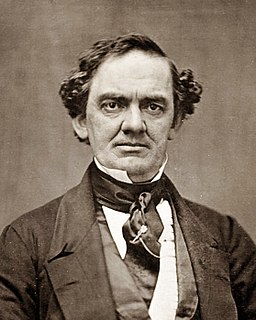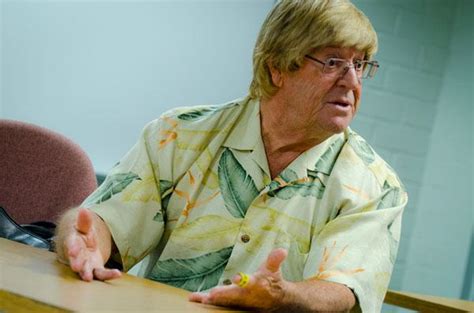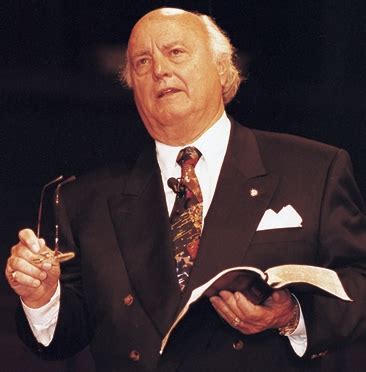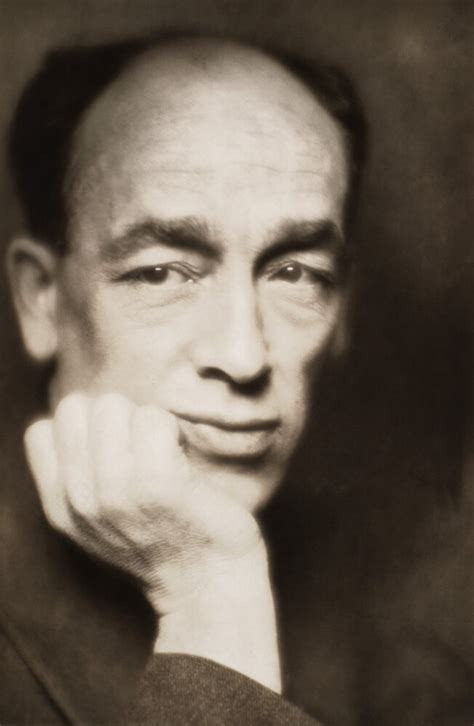Цитата П. Т. Барнума
В целом больше людей обманываются тем, что ни во что не верят, чем тем, что верят слишком много.
Связанные цитаты
Я верил в веру ради ее собственного сияния. Верить перед лицом полной безнадежности, перед лицом всех доказательств обратного, игнорировать очевидную катастрофу — какой еще был выбор? Мы делаем это каждый день, понял я. Мы намного сильнее, чем думаем, а вера — одно из самых мужественных и долговечных человеческих качеств. Верить, когда мы, люди, всегда знаем, что ничто не может вылечить краткость этой жизни, что нет лекарства от нашей базовой смертности, — это форма храбрости. Продолжать верить в себя, верить врачам, верить в лечащего врача, верить во все, во что я решил верить, — это было самым важным.
«Вера» не может склонить чашу весов в историческом суждении о том, действительно ли что-то произошло. Я могу поверить, что Джордж Вашингтон бросил серебряный доллар через Раппаханнок, но моя вера в то, что он это сделал, не имеет ничего общего с тем, действительно ли он это сделал. То же самое и с историей Иисуса, идущего по воде: вера в то, что он это сделал, не имеет ничего общего с тем, действительно ли он это сделал. «Вера» не может быть основанием для исторических заключений; это не имеет прямого отношения.
Не знаю, согласится ли со мной Бог, но вера в Бога не так важна по сравнению с верой в себя. Потому что, если вы придерживаетесь идеи, что Бог дал вам разум и способность судить о вещах, тогда он хотел бы, чтобы вы верили в себя и не беспокоились о вере в него. Поверив в себя, вы придете к заключению, которое на что-то укажет.
Тем не менее он должен быть осторожен в своих убеждениях и поступках, не должен внушать страха по собственной воле и должен действовать сдержанно, благоразумно и гуманно, чтобы излишняя уверенность не делала его неосторожным, а излишняя робость не делала его неосторожным. сделать его нетерпимым. Отсюда возникает вопрос, лучше ли быть любимым больше, чем бояться, или больше бояться, чем любить.


































